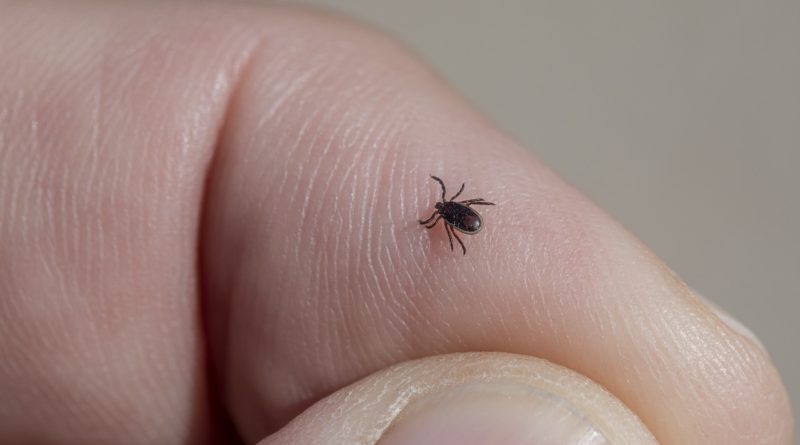How To Be Tick Safe This Year.
Tick populations across Nova Scotia are growing and as the weather gets warmer, it is important for people to take the necessary steps to protect themselves, their family and their pets.
“Tick-borne diseases are preventable if you are aware and take simple precautions like covering your skin and checking for ticks,” said Dr. Shelley Deeks, Deputy Chief Medical Officer of Health. “Ticks like moist and humid environments and can often be found in areas of high vegetation such as tall grass, shrubs, urban parks, gardens and forests.”
There are several kinds of ticks in Nova Scotia, including the blacklegged tick, which is known to transmit diseases such as Lyme disease, anaplasmosis, babesiosis and Powassan virus infection.
People can reduce their risk by:
- wearing long pants and long sleeves in areas likely to have ticks
- wearing light-coloured clothing (light colours make it easier to see ticks)
- wearing enclosed shoes and tucking their pants into their socks
- walking on well-travelled paths, avoiding long grass and vegetation
- applying insect repellents approved by Health Canada to exposed skin and clothes (following directions carefully).
A tick identification service called eTick is available to Nova Scotians, who can send photos of ticks to be identified through the app. More information is available at: https://etick.ca/

From left, a female blacklegged tick, a groundhog tick and a dog tick, next to a dime for scale; as the weather warms up, Nova Scotians are encouraged to be tick safe to prevent tick-borne diseases. (Communications Nova Scotia / File)
People with questions or concerns about tick safety or tick-borne diseases can call 811 or the Nova Scotia Health Tick Hotline at 902-266-7199 or toll-free at 1-866-266-7199.
Local pharmacists can assess tick bites and determine if a preventative antibiotic is needed. More information is at: https://novascotia.ca/dhw/pharmacare/healthcare-services.asp
Quick Facts:
- ticks can be found throughout the province as the weather begins to warm, particularly if the temperature is above 4 degrees C
Additional Resources:
More information, including how to remove and dispose of ticks safely, is available at: https://novascotia.ca/ticksafety/
Tick-check poster: https://novascotia.ca/ticksafety/poster.pdf
For more information about the Nova Scotia Health Tick Hotline, visit: https://www.nshealth.ca/clinics-programs-and-services/nova-scotia-health-tick-service
Source : Provincial Release



